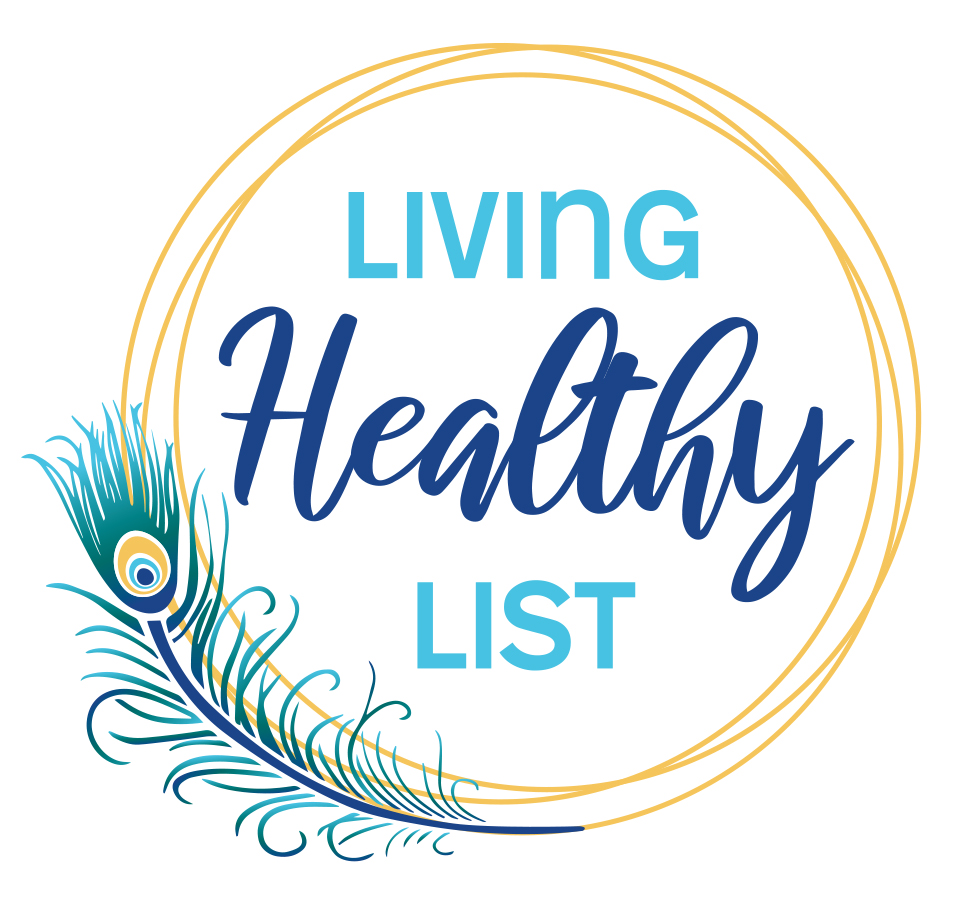How are you feeling?
Most groups I work with tell me, that they are feeling ‘OK’. Feeling OK is a bit of a tricky situation.
First of all, I think feeling OK is not good enough – I’d like you to feel great, bouncing with energy, going through stressful situations quicker, and being physically and mentally resilient!
Feeling OK can hold you back. Because the way you feel and perceive your health and well-being can be a great motivator: If you are unwell, you do everything you can to feel better. If you feel amazing, you obviously try to keep this state. We are much more determined to make changes if there is an urgent reason.
Feeling OK is somewhere in the middle, not bad enough to change something, not good enough to recreate the feeling. And as long as we feel ‘OK’, we are comfortable enough to accept it. Awareness is key to change. And once you see how much better you feel, there’s no way back!
Resilience starts in the brain. And the easiest way to support your brain is by eating the right foods. We all need to eat, we might as well get it right! The nutrients will help not only your brain be more resilient to stress and focus better, they are also great to help your mental wellbeing!
There are three main nutrients that make a difference:
Magnesium – relaxes your muscles and your brain, can help you sleep better, be calmer, and it also lifts your mood. Studies show that Magnesium is powerful enough to help people with depression!
Eat almonds, nuts, and green leafy vegetables. All nuts make a great snack and provide sustainable energy. Add green leafy veg to your stir-fry or pasta dish.
Omega-3 is proper brain food. It slows down the aging process in your brain, and it is associated with good memory and focus. It has also been shown to improve mental health issues because it works with the happy hormone serotonin.
Eat fatty fish. If you don’t like salmon, tuna or mackerel choose walnuts and chia seeds. You’ll even start feeling the positive effects benefits of eating fatty fish in your joints.
Antioxidants – awesome, brightly colored foods to help your brain deal better with stress and reduce inflammation. The best sources are kidney beans, cinnamon, ginger, chard, wild blueberries, and tomatoes. By simply adding a few foods to your diet, you take an essential step to support your brain health!
But you all are busy, your job is busy, your life is busy. All of you are under pressure and short on time. So why don’t you start with only one thing?
Here are a few suggestions:
- Replace your sugary afternoon snack with a handful of almonds
- Add chia seeds to your salad or soup
- Sprinkle cinnamon over your breakfast cereal instead of sugar
- Eat fatty fish at least once a week
- Instead of coffee, drink homemade ginger tea (add a few slices of fresh ginger to a cup of hot water, stew for 10 min)
Don’t take your resilience for granted. Be aware of how you feel and help your brain be well.
And it doesn’t take much. One change – it’s worth it!

Carola is a forward-thinking Nutritionist, Fitness Instructor, and international speaker.
She designs workplace wellbeing programs with companies and organizations to help create healthier and happier teams. Wellbeing programs are designed around the needs of the organization, and empower people to take responsibility for their way of eating and living: for increased stress resilience, better performance, and mental health.
Carola is an international speaker and presenter, her passion is brain performance and mental wellbeing. Amongst her clients are the European Athletics Coaching Association, and she is a member of the complementary therapies team at University of Exeter.
Carola also runs luxury wellbeing retreats and corporate away days in the most stunning locations all over the world.
She personally looks after a small number of clients worldwide with her Exclusive Personal Nutrition Coaching.
Read Carola’s recent article: Why Nutrition is Vital for Mental Health. – https://www.carolabecker.com/blog/why-nutrition-is-vital-for-your-mental-health
